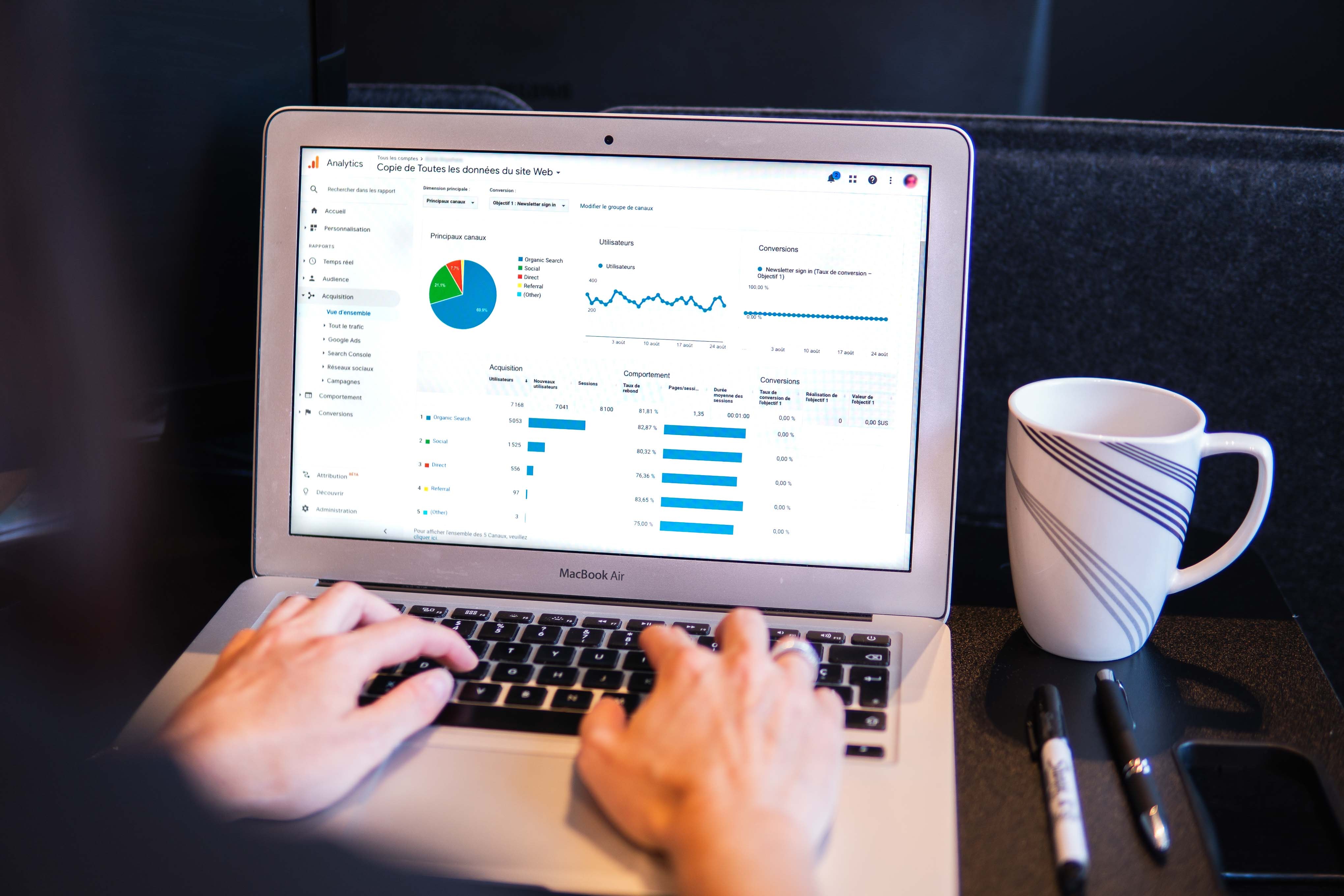
If you’ve been watching the news over the last couple of years, you could be forgiven for thinking we live in a weird timeline where dreary writers like Edgar Allan Poe and Ray Bradbury reigned supreme.
Between climate change, terrorism, economic struggle, and the health crisis of 2020, this year has embodied the term VUCA — volatility, uncertainty, complexity, and ambiguity. Yet this is the world we live in, and if digital marketers want to continue to have a place in it, we have to learn how to adapt our tactics and messaging to this reality.
So this week on Episode 27 of PPC Town Hall, I wanted to bring in the authors of the report “Digital Marketing in a VUCA World” to share some of their insights from the research they conducted and to discuss what the roadmap for the future could look like.
Our panelists for the week:
- Anders Hjorth, Digital Marketing Strategist at Innovell
- Lukas Adamec, Freelance PPC/SEM Specialist
As always, you can view this week’s episode of PPC Town Hall embedded below, or click here to browse all our episodes. In the meantime, here are some of the insights from this week’s PPC Town Hall on how to do digital marketing in an unpredictable VUCA world.
1. What happens when agencies lose large amounts of revenue overnight
Anders: We asked 20 agencies that participated in the survey, “How bad were you hit?” About 15% said ‘no change’; a huge chunk — about 50% of respondents — said between 10-40% reduction in media spend; and a fairly large percentage saying 40-60% reduction.
When we’re looking at agencies having 40% of their media spend disappear, and as we know, a lot of the economic models are tied in some way to spend. Very few are on a retainer or consultancy basis. So this means they lose a lot of money and activity, and the rest of the activity had to be changed. Everybody’s panicking, so what do you do?

Lukas: It’s actually been the case in some instances that the agency-client relationship has ended because of volatility. Bearing in mind that the vast majority of agencies — particularly the bigger ones in the UK — have very diverse clients in their portfolios, so that’s why the impact was mostly in the 40-60% range.
But I definitely know of instances where clients have stopped their relationship with an agency because they were the most hit — tourism, hotels, and some retail as well. But other parts of retail, especially direct-to-consumer, actually thrived during this time.
2. If you put the wrong data in, the wrong prediction comes out
Anders: When we talk about volatility and VUCA, yes there’s health crises and lockdowns; but there’s also terrorism and the end of cookies. The direct impact is more easily measurable on this year’s health crisis because it’s such an abrupt change.
Over the past 2 years, we saw people adopt automated or machine-based bidding massively. We also observed that agencies used dedicated data analysts in fewer cases than they did before. This surprised us.
Lukas: It feels like the outcome was two sides of the same coin. On the one hand, there is less involvement from data analysts because there’s more reliance on AI. On the other hand, it’s not about the position of the analyst but the insight into performance is placed on marketers’ shoulders.
So where you’d previously have a data analyst to support you with looking at trends and performance, it’s almost a standard part of the marketer’s job instead of focusing on platform and creatives.
3. Data is the new oil

Anders: Can you extract more value from your data than if you give it to a platform? It’s a question of who controls it and whether you should give it away to a third party like Google or Amazon.
We think it’s very important to start controlling and protecting your own data. It doesn’t mean you shouldn’t make it flow; flowing data across platforms is extremely important to get better insights. But you need to consider each time you do that: what are you using, what are you giving away, and is there anything you can keep instead of letting someone else monetize it?
4. The connection between automation and who’s deploying it
Lukas: For me, the whole idea of paid search until now is its transparency. You can track everything down to each penny you spend and be able to show results. This is now changing the fundamentals of what paid search is for me, because I can’t explain everything (with less data).
5. How people can use automated bidding more effectively

Lukas: I personally see a huge degree of complacency when it comes to automated bidding, especially, in a lot of agencies. You’ll find that 90% of the time, you can set the AI to do your bidding for you and it’ll deliver decent performance.
But it’s that 10% of the time where something goes wrong, or when you have a promotion that suddenly skews the data — and suddenly, you have an impulse that the tool cannot account for and everything falls apart.
I even feel with some of the ways platforms sell automated bidding, like recommending not to touch things for 2 weeks to let the machines learn, you should never be in a position where you can’t change settings.
6. Preparing for the end of cookies
Anders: Will remarketing be in trouble as we see fewer and fewer cookies? Yes. Hopefully, the bad practices will die off and there’ll be some intelligent use of user data.
So start building direct relationships with your users, like email or another channel where you own that user data. If you only have access to your customers and clients via platforms or audiences, you’re probably going to lose a lot of that access. So start building that proprietary database today.
Conclusion
As I mentioned this week on PPC Town Hall, the role of the PPC manager is changing from being in the middle of account performance to managing the periphery (read my full thoughts on the topic in my post for Search Engine Journal).
But as we look to evolve our roles, we also have to remain aware of what’s happening in the wider world. From the geopolitical to the ecological, events transpire daily that impact the health of the digital marketing space… paid search included.
That’s why spaces of learning (like PPC Town Hall) will only become more important in the coming months and years. So sign up for our mailing list (and tell your PPC peers) to get notified of all our events in advance and early access to some of our upcoming resources!
Is there something on your mind? Do you have a topic you’d like us to cover on PPC Town Hall? Write to [email protected] and tell us about it, and we’ll try our best to address your concerns.

Leave a Reply